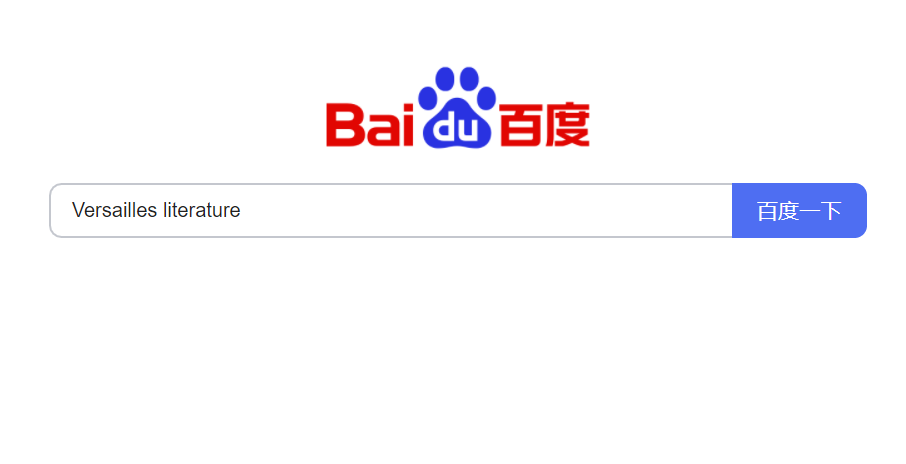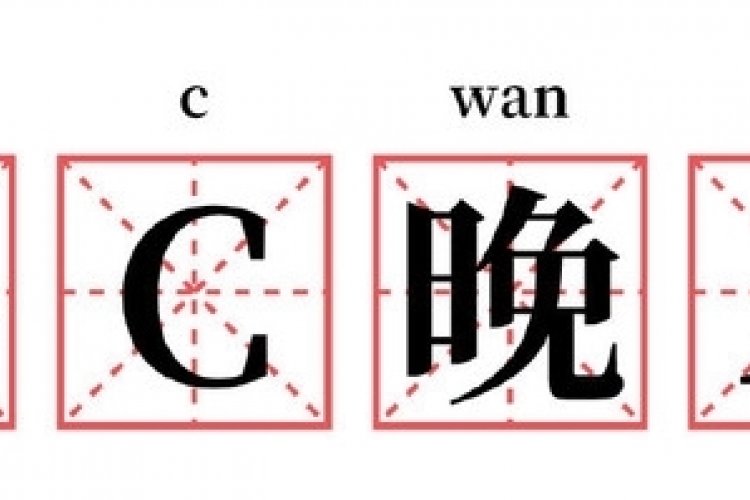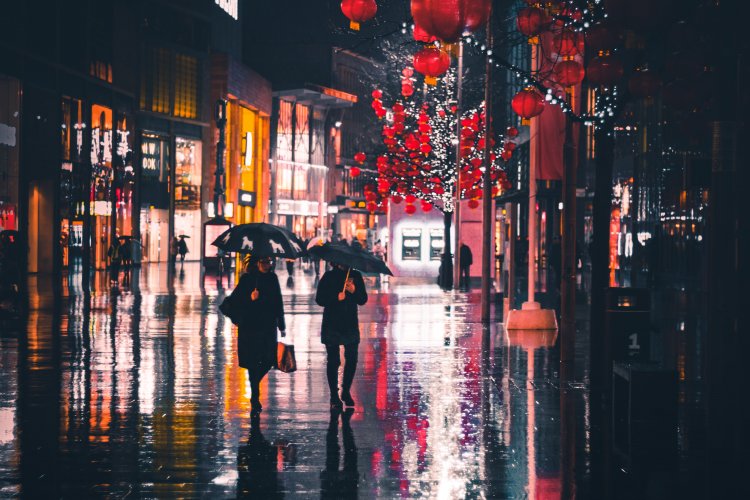2020 Year in Review: The Slang That Netizens Slung This Year
The 20th year of this millennium has been the longest yet, and boy are we ready to say goodbye. But hey, if we had to spend it anywhere, then Beijing ain't a half shabby place to do so. In 2020 Year in Review, we're taking a look back at all the happenings in this city that somehow managed to keep us sane while the world went crazy.
As author Rita Marie Brown once said, "Language is the road map of a culture. It tells you where its people come from and where they are going." Thus, an examination of the many shifts that Chinese culture has undergone in this tumultuous year would be incomplete without a peek into the latest additions to the language – also known as slang – as told through research from several media organizations and linguistic study centers.
逆行者 nìxíngzhě People who walk against the flow

This word usually refers to individuals who sacrifice themselves to the point of danger in the service of others. Although the phrase wasn’t created this year, it has been widely and consistently used during 2020 to praise the extraordinary contributions made by medical staff and those who work in frontline industries.
集美 jíměi Concentrated beauty, the name of a city in Fujian Province

The term went viral this year when an e-commerce streamer mistakenly pronounced 姐妹 jiěmèi sister as jimei. Netizens soon picked it up and started calling their besties by this name. Some people also consider this term as an abbreviation for "集美貌与才华与一身的女子 jíměimào yǔ cáihuá yǔ yīshēn de nǚzǐ a woman who combines beauty and talent."
后浪 hòulàng The latter wave

This phrase comes from the proverb "长江后浪推前浪" chángjiāng hòulàng tuī qiánlàng the latter wave of the Yangtze River pushes the former ones, which is meant to demonstrate the unstoppable power of the younger generations. In 2020, this phrase was used in a promotional video produced by Bilibili, the leading video content platform that focuses on youth lifestyle. The video rooted for the young, zealous, and hardworking generation and claimed they will be the hope and future of China.
打工人 dǎgōng rén The working class

A tongue-in-cheek phrase that is frequently used among young office workers who have come to the realization that their career is not really about self-achievement but merely playing the role of gear in a larger capitalist machine. However, certain e-commerce platforms and segments of the entertainment industry were quick to deconstruct its meaning, making it just another label in the era of consumerism.
网抑云 wǎng yì yún NetDepression Music

Music fans will be quick to recognize that this phrase is derived from the NetEase Music app, one of the major music streaming platforms here in China. 易 yì ease is replaced by 抑 yì depressed because the users of this platform tend to leave exaggerated depressive and emotional comments under the music late at night.
内卷 nèi juǎn Involution
A term from the field of anthropology that refers to the phenomenon of an industry or entity faced with a lack of any break-through progress which therefore begins to focus on trivial refinement. Among Chinese netizens, this phrase reveals the brutal yet unproductive internal competition between individuals, corporations, and industries, all of which are also considered a source of pain for many dagongren in modern society.
凡尔赛文学 fán'ěrsài wénxué Versailles literature

This is not a reference to actual French literature but instead comes from a celebrated historic romance manga from Japan, The Rose of Versailles. Its extremely foppish artistic expression echoes middle-class fantasies among common folks. This slang was first forged when a netizen called 小奶球 Xiaonaiqiu was summarizing the emerging phenomenon of humble-bragging on Chinese social media. To become a qualified Versailles literati, you need to master the art of showing off by introspection and self-deprecation, with a splash of superiority for good measure, ala Marie Antoinette and “Let them eat the cake.”
小朋友,你是否有很多问号? xiǎopéngyǒu, nǐ shìfǒu yǒu hěnduō wènhào? Kid, you must have a lot of questions?

This is a line from the lyric of Jay Chou’s ballad, “Listen to Mother’s Words." It was a question Jay Chou asks a younger version of himself as he remembers wondering why he had to study and practice playing the piano while other kids were out enjoying themselves. In a year when reality exceeded any of the darkest corners of our imaginations, this struck a chord with many netizens.
尾款人 wěikuǎn rén Final-payment people

In this year’s 11.11 shopping bonanza, to stimulate sales, Alibaba Group started the pre-sale as early as the latter half of October and allowed netizens to place an order with a small down payment. The various deals and brain-melting campaign rules were a welcomed distraction from bill payments for dagongren. However, the thrill of snapping up bargains was soon replaced by the regret of irrational shopping as the deadline for paying up the balance approached, turning these shoppers into weikuan ren people who must shoulder tons of final payment bills.
READ: 2020 Year in Review: 12 Restaurant Openings That Tickled Our Taste Buds This Year
Images: Ce.cn, Bilibili, 17qq, NetEase Music, Juduo, Sohu, the Paper, Storyfree, Iheima







